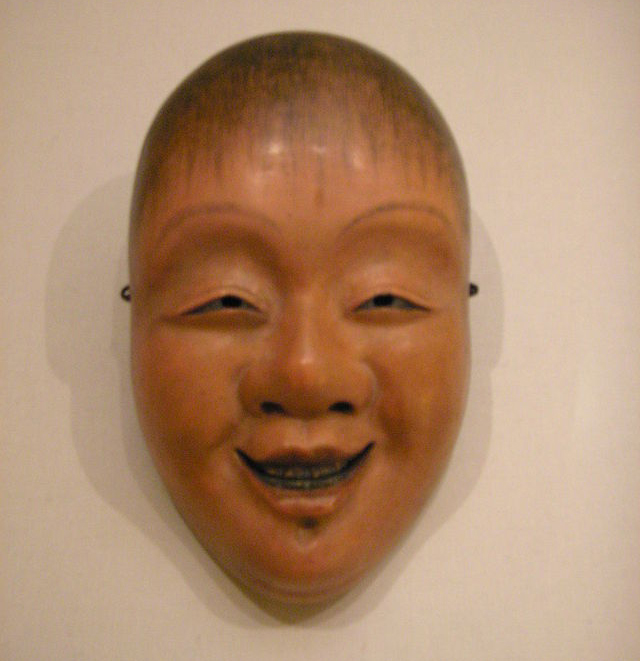Certain memes – persistent thematic constructs which achieve near ubiquity – emerge from the noisy background of culture and assume prominence for a long while, decades or even centuries. Democracy is one such meme, and it’s been spreading through social contagion for several hundred years. Communism was a powerful meme and expanded globally for a time, but lately it’s lost its sheen and has receded to isolated pockets and cult-like status. Memes, like genes, get activated and expressed or deactivated and inhibited.
A particularly persistent meme is “happiness,” and it’s popularity and activation seems to be growing, worldwide. From the Dalai Lama, who readily states that all human beings wish to be happy, to far less spiritually-inclined pop music stars like Bobby McFerrin, the happiness meme is spreading. To be sure, this seems better than an epidemic of depression (though that’s happening too, it’s worth noting), but it also raises the question: What do we mean by happiness?
Like some other widely used terms such as “sustainable,” happiness is in the eye of the beholder and lends itself to no particular definition. Accordingly, Apple defines happiness as a new iPhone, Charles Schultz as “a warm puppy”, and Hannibal Lecter as a census-taker’s liver served with “fava beans and nice Chianti.” With variations of that sort, it’s no wonder that happiness is invoked so freely.
The Buddha notably described his teachings as directed to the lessening of suffering, but the end of suffering does not inexorably produce happiness. To our nation’s founding fathers happiness was an object of pursuit. Thus objectified, happiness becomes a “thing” and when so externalized stimulates craving and clinging. Our projection of that experience onto the world becomes attachment to possessions and beliefs of all sorts, a vast array which seemingly holds the keys to happiness. NY Times columnist David Brooks, widely known for his erudite apologia in support of right-wing politicians, now promotes the notion that “things” do not bring lasting or true happiness, utopian free-market economics notwithstanding. It sounds like ole’ David is going Buddhist.
Happiness as we customarily view it is evanescent. None among us is constantly brimming over with delight at life’s every moment; that sort of happiness comes and goes. Marketing gurus swamp the airwaves with a “things will make you happy” message, but in our age of distraction they must resort to ever-increased manipulation to sustain that particular canard. As a meme, happiness may be getting shopworn.
Contentment, which for some might seem a letdown, may hold promise. Devoid of the highs and lows of happiness, contentment lends itself to a sure and steady sense of satisfaction. Admittedly, marketers of “more” won’t like contentment’s quality of “enough” but perhaps crappy stuff and planned obsolescence – like happiness – have exceeded the limits of their value. I can imagine words like “durability”, “renewal”, “sustainable” and “long-lasting” becoming a stronger part of the advertising lexicon. Who knows, maybe even virtue will come back in style.
Happiness is stressful when it’s all about pursuing, getting and protecting; I’d suggest it’s not happiness at all, but too often just an emotional habit. The happiness habit is tough to break; come-ons and temptations are thrown before us every day, triggering cravings and promised endorphin release. Contentment, by comparison, is like a glass of cool water: not terribly exciting, not much flavor, neither sweet nor bubbly, but deeply and ultimately satisfying.
